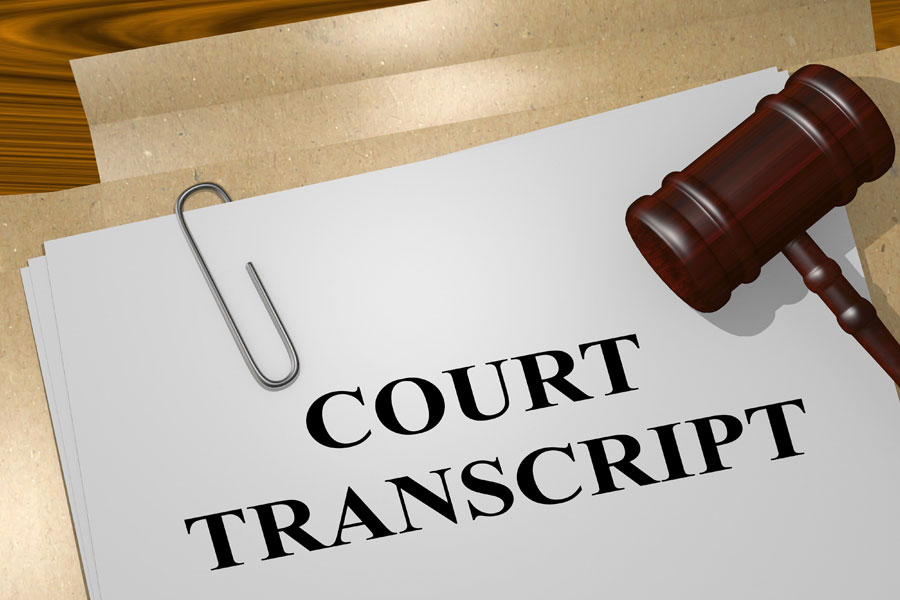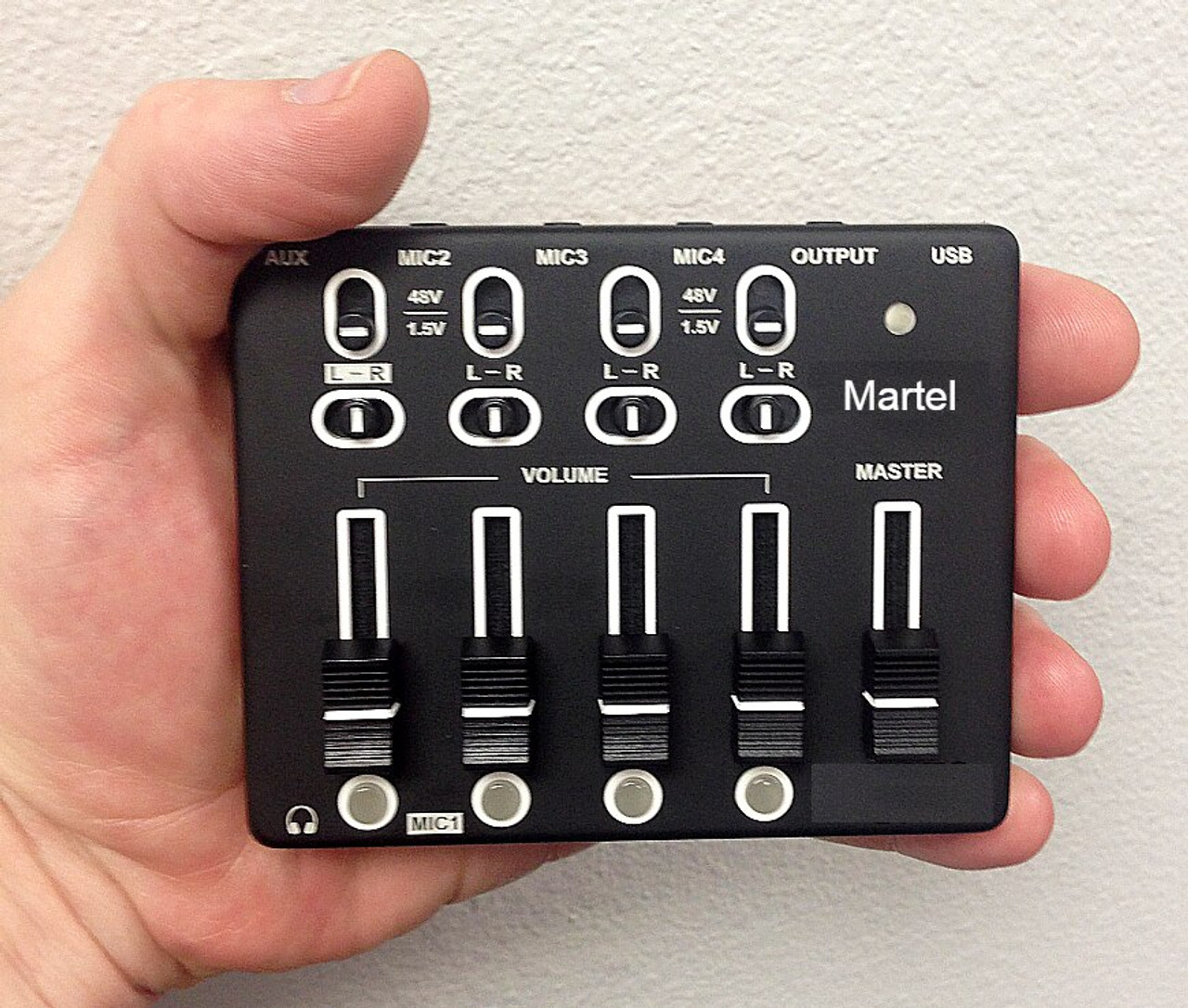The Significance of Lawful Video Clip Depositions in Modern Legal Providers: What You Must Know
Legal video clip depositions have come to be important in today's lawful landscape. They supply a multidimensional view of witness testaments that standard records just can not match. By capturing both verbal and non-verbal interaction, these depositions enhance the total understanding of a witness's credibility. However, the efficiency of video clip depositions rests on various elements, consisting of conformity with lawful standards and ideal methods (legal video depositions). Exploring these aspects discloses their true value in modern-day legal services
What Are Legal Video Clip Depositions?
Lawful video clip depositions serve as an important tool in the lawsuits procedure. They involve taping witness testaments in a video layout, catching both non-verbal and spoken interaction. This method allows attorneys to document the demeanor, expressions, and responses of witnesses, offering a richer context for the testimony. Typically performed in a controlled environment, these depositions are led by lawyers who ask concerns while a court reporter records the discussion. The resulting video clip can be important for test preparation, as it allows attorneys to analyze the credibility of witnesses and refine their methods. In addition, legal video depositions can be made use of in numerous lawful contexts, varying from civil conflicts to criminal situations. The acoustic and aesthetic aspects of video depositions enhance the presentation of proof, making it an important component in the modern-day lawful landscape. On the whole, they add significantly to the effectiveness and performance of lawful proceedings.

Benefits of Video Depositions Over Conventional Methods
Video depositions use many advantages compared to standard approaches of taking witness statements. One considerable advantage is the capability to catch both aesthetic and audio elements, giving a more thorough record of the witness's statements. This double format enhances quality and allows attorneys to reference particular subtleties throughout trial prep work. In addition, video clip depositions help with remote involvement, making it simpler for witnesses who might be unavailable for in-person appearances as a result of geographical restrictions or health issues.Moreover, video depositions can speed up the total deposition process, reducing the moment and expenses linked with travel and logistics. They also enhance accessibility, as recorded depositions can be conveniently shared among lawful groups and referenced at any moment. This comfort adds to better case monitoring and prep work. In general, video clip depositions represent a modern-day, reliable method to gathering witness testaments, straightening with the progressing demands of the legal occupation.
The Duty of Body Language and Tone in Testimonies

In lawful video depositions, body movement and tone play crucial duties in sharing a witness's trustworthiness and dependability. Nonverbal signs can provide insights into a witness's mood, affecting how their statement is perceived. Understanding the impact of these elements is important for lawyers and jurors alike when examining the integrity of a statement.
Nonverbal Communication Insights
While spoken interaction is often stressed in lawful testimonies, nonverbal signs such as body movement and tone play an important function in communicating integrity and feeling. Onlookers of depositions may note that a witness's pose, motions, and face expressions can substantially influence perceptions of integrity. For example, consistent eye contact may signal self-confidence, while avoiding look could suggest deceit or pain. Likewise, the tone of voice-- its volume, pitch, and rate-- can present sensations of genuineness or unpredictability. Legal professionals should be in harmony with these nonverbal signals, as they commonly supply vital context that complements talked words. Comprehending these nuances can enhance the efficiency of depositions and influence the end result of legal process.
Emotional Tone Influence
The emotional tone shared during lawful testimonies considerably affects how a witness is viewed. Body movement, vocal inflections, and face expressions play important duties fit the story of a statement. A witness exhibiting self-confidence with steady eye contact and a tranquil tone can instill a feeling of reliability and engagement. On the other hand, indications of stress and anxiety, such as fidgeting or a shaky voice, may result in suspicion concerning their account. The subtleties of emotional expression can affect the analysis of truths, making it crucial for attorneys to recognize these hints. In video clip depositions, the acoustic and aesthetic elements integrate, stressing the importance of psychological tone in conveying sincerity and truthfulness within the lawful procedure.
Reputation and Credibility
A crucial consider establishing reliability and trustworthiness throughout testaments hinges on the witness's body movement and tone of voice. Observers typically depend on non-verbal hints-- such as eye contact, position, and motions-- to examine a witness's genuineness. A witness who preserves eye call and displays open body language may be viewed as even more trusted and truthful than one that prevents eye contact or appears shut off. Furthermore, tone of voice plays an important role; a steady, tranquil tone can enhance the credibility of the testament, while fluctuations in pitch or volume may raise uncertainties. Eventually, the combination of body language and vocal tone considerably affects exactly how a witness's statements are received and translated in a legal context.
Best Practices for Carrying Out Video Clip Depositions
Carrying out video depositions needs cautious planning and implementation to assure a efficient and clear discussion of testimony. First, it is very important to select a peaceful, well-lit place to minimize disturbances and protected optimum video clip quality. The tools needs to be evaluated in advancement, including cameras, microphones, and lights, to prevent technical issues during the deposition.Next, celebrations involved have to review the layout and procedures in advance, making certain that everybody recognizes their functions. The deponent ought to be briefed on the procedure, including just how to respond clearly and concisely.Additionally, preserving a professional behavior throughout the session is crucial. This consists of avoiding speaking over one another and validating that all questions are directed appropriately. It is important to record the deposition in a format that allows for very easy playback and review, preserving the stability of the testament for future usage.
Lawful Factors To Consider and Compliance Issues
Exactly how do lawful factors to consider and conformity issues influence the effectiveness of video depositions? Attorneys should browse an intricate landscape of guidelines, making sure that video depositions stick to jurisdictional rules and standards. Compliance with laws worrying personal privacy, authorization, and tape-recording methods is vital. Getting specific approval from all parties included is required to avoid legal repercussions.Additionally, the admissibility of video proof in court can hinge on compliance with step-by-step demands. Guaranteeing that the read here devices utilized meets technological requirements is likewise crucial, as low quality can threaten the deposition's reliability.Moreover, attorneys have to be conscious of any specific state regulations that regulate video depositions, as these can differ significantly. Failure to deal with these considerations can not just endanger the honesty of the deposition however additionally affect the overall case strategy, eventually affecting the client's lawful end results.
How Video Clip Depositions Impact Court Assumption
While video clip depositions can act as effective tools in legal proceedings, their impact on jury understanding is considerable. The visual and auditory elements of video recordings provide jurors with a much more comprehensive understanding of witness demeanor, reliability, and emotional feedbacks. This multimedia technique can improve the jurors' ability to analyze the integrity of statement compared to standard text-based transcripts.Moreover, video depositions allow jurors to observe body language, tone of voice, and facial expressions, all of which can impact their analysis of the witness's statements. The visibility of a witness on display can humanize them, fostering empathy and link, which might persuade jurors' opinions. Alternatively, a witness that shows up evasive or untrustworthy on video clip may result in negative perceptions that influence a jury's choice. Inevitably, the vibrant nature of video depositions plays an essential duty in shaping exactly how jurors analyze proof and reach their judgments.
The Future of Video Clip Depositions in Legal Practice
As developments in innovation continue to reshape the legal landscape, the future of video clip depositions is poised for substantial evolution. you could look here Technologies such as man-made intelligence, online reality, and enhanced video clip conferencing devices are expected to streamline the deposition procedure and enhance access. Attorneys might use AI-driven analytics to examine witness reputation and case strength extra effectively.Moreover, the assimilation of online fact might allow courts to experience immersive simulations of depositions, supplying deeper context and understanding. In addition, the fad toward remote depositions visite site is most likely to persist, providing higher versatility for lawyers and clients alike.As remote work comes to be significantly stabilized, video clip depositions will likely end up being conventional practice, lowering expenses and time constraints connected with conventional approaches. Generally, these technological advancements assure to enhance the effectiveness, effectiveness, and access of video depositions in lawful practice, inevitably transforming just how lawful specialists plan for trial.
Often Asked Inquiries
Just How Much Do Lawful Video Depositions Normally Expense?

Can Video Depositions Be Used in Any Kind Of Kind Of Instance?
Video clip depositions can be used in different sorts of cases, including civil, criminal, and family members regulation. Their flexibility allows lawyers to present witness statements efficiently, adapting to the certain needs of various lawful circumstances.
What Equipment Is Needed for a Video Clip Deposition?
To carry out a video clip deposition, important tools includes a high-grade cam, microphone, lights, and a reliable recording gadget. Furthermore, a computer with modifying software program might be required for post-production and formatting the last video clip.
The length of time Does a Normal Video Clip Deposition Last?
A common video deposition lasts in between two to four hours, depending upon the intricacy of the situation and the variety of questions postured. Extensive sessions may happen, yet breaks are typically integrated for individual comfort.

Are Video Depositions Admissible in Court?
Video depositions are usually acceptable in court, supplied they follow lawful requirements and rules of evidence. Their usage improves clearness and preserves witness statement, aiding in the judicial procedure during tests and hearings. Legal video clip depositions have ended up being important in today's legal landscape. Additionally, lawful video clip depositions can be used in numerous legal contexts, varying from civil disputes to criminal situations. Additionally, video clip depositions facilitate remote involvement, making it less complicated for witnesses who might be unavailable for in-person looks due to geographical restraints or health and wellness issues.Moreover, video clip depositions can quicken the general deposition procedure, minimizing the time and costs connected with traveling and logistics. Guaranteeing that the tools made use of satisfies technological requirements is likewise important, as bad high quality can undermine the deposition's reliability.Moreover, lawyers must be aware of any kind of details state regulations that control video depositions, as these can differ significantly. Furthermore, the trend toward remote depositions is most likely to persist, supplying greater flexibility for lawyers and customers alike.As remote work becomes progressively stabilized, video clip depositions will likely come to be standard method, minimizing expenses and time restraints connected with standard methods.